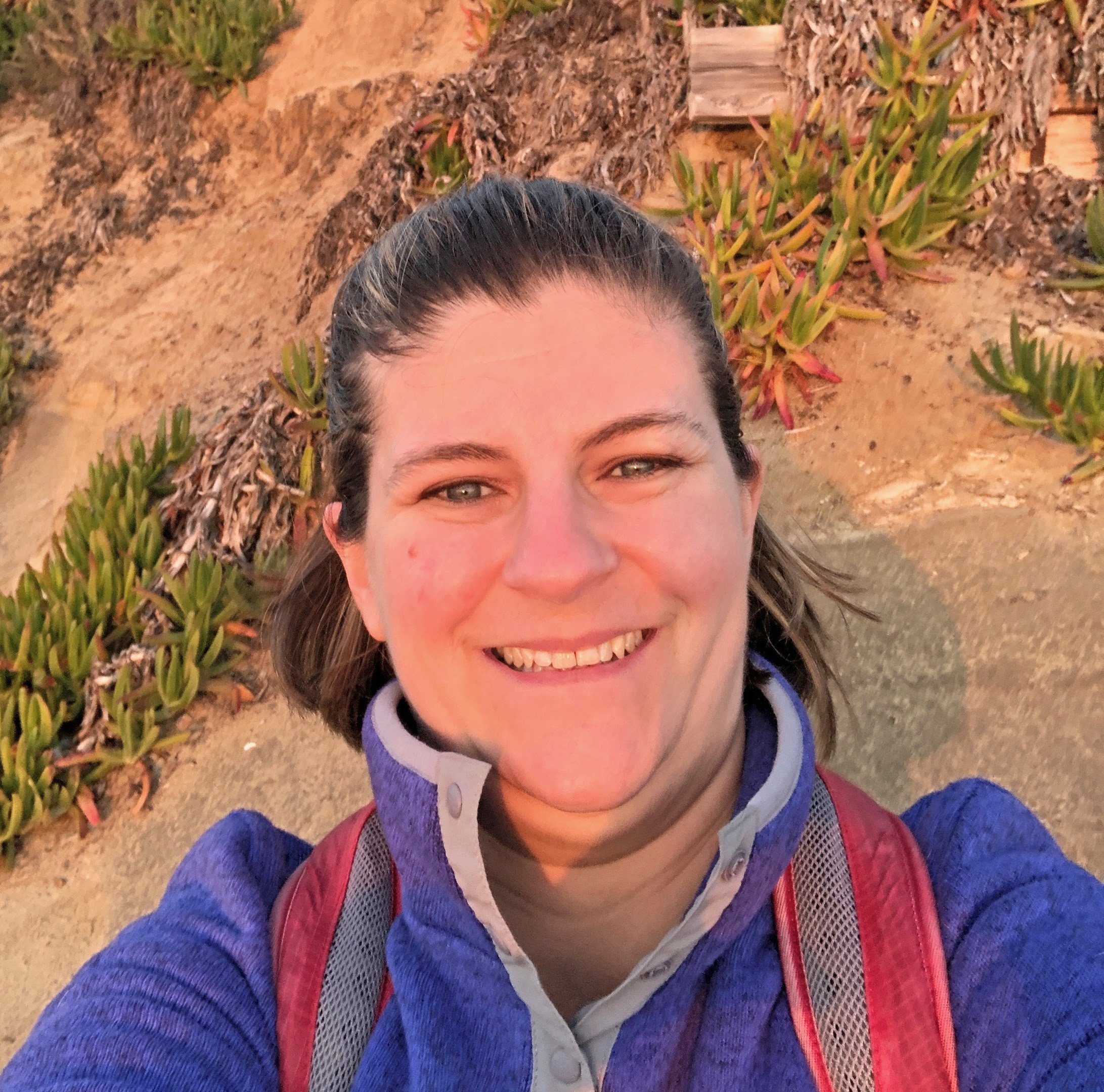by: Brigid Rowlings, Guest Contributor
My ten-year-old son and I have been reading Victoria Jamieson and Omar Mohamed’s graphic novel When Stars Are Scattered before he goes to sleep each night. The book tells the story of a Somalian man named Omar Mohamed. Omar fled the civil war in Somalia with his non-verbal brother Hassan when they were only 4 and 2 years old and lived in a refugee camp in Kenya for 15 years.
Throughout the book, Omar dreams of being resettled in the United States where he can get better medical treatment for his brother. But, applying for resettlement means that 11-year-old Omar must relive witnessing the murder of his father at the hands of gunmen as he tells his story to United Nations resettlement officers. Under the intense questioning of the officers, Omar breaks down with the grief of not knowing what happened to his mother. When the long interview is finally over, Omar leaves the building and collapses. While on the ground, he notices that, “all around us, other families were crying. Some just looked shocked. I guess like me, they had just re-lived the worst days of our lives.”
When I read this passage from When Stars Are Scattered, what sprang to mind were the questions people sometimes ask of us. “Why don’t you feature more refugee stories on your website?” they ask. “Why don’t you share more photos?”
You may think this is counterintuitive to not place refugee stories front and center—stories like Omar Mohamed’s certainly motivate people to want to donate to LHI and organizations like it. In fact, we do sometimes ask people if they’d be willing to share. Recently, LHI was able to provide a Ghanian medical student with a laptop so that she could continue to study while displaced. We asked her if she’d be interested in sharing her story. She politely declined, explaining that it would be too traumatic.
We respected this woman’s decision because LHI is committed to safeguarding the well-being and dignity of the people we serve. Part of that commitment is being aware that in asking refugees to share their stories, we are asking them to relive the worst days of their lives. Similarly, we know that when we photograph people, we are capturing their most painful moments. We frequently do meet people who are willing to share their photos and stories, though the interaction with the student from Ghana illustrates why we are selective in doing so. Just as you and I would not want strangers to crystallize our most vulnerable selves forever on the internet, we want to give this same respect to the people who find their way to us.
LHI knows that you have a choice when it comes to how you want to share your resources and time. We hope that our mission, vision, and values, including our respect for the people we serve and their lived experiences, are part of the reason you choose to contribute to LHI.
Brigid Rowlings is a freelance writer, teacher, mom, and LHI supporter. Brigid met LHI's founder/director Hayley Smith when they were both teachers in the Boston Public Schools, and has watched in awe as Hayley established and grew LHI. Brigid is excited to help LHI tell its story!



